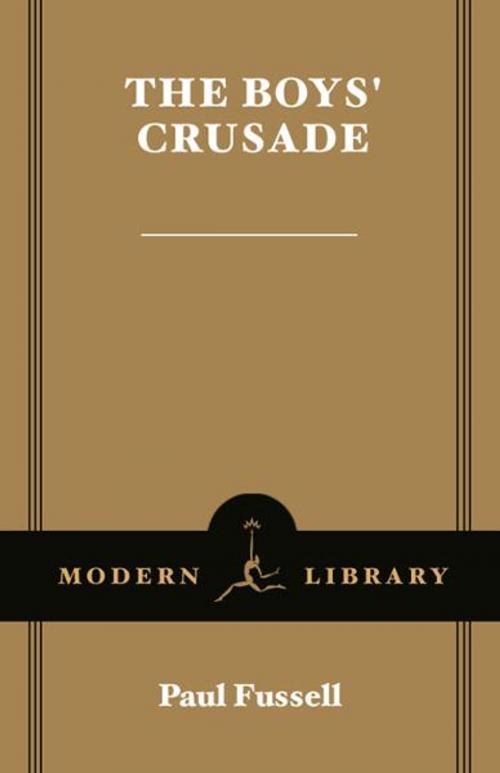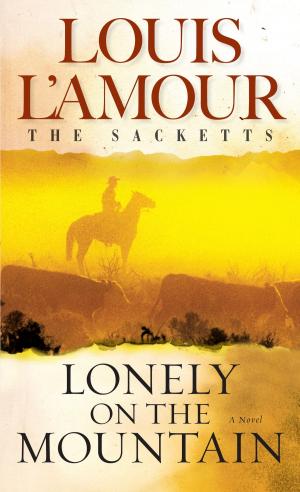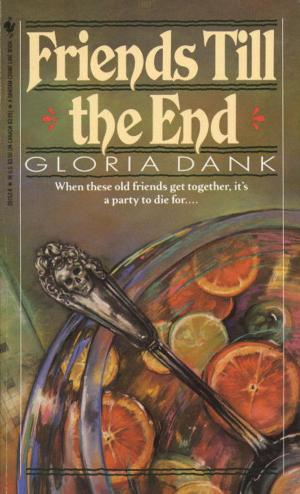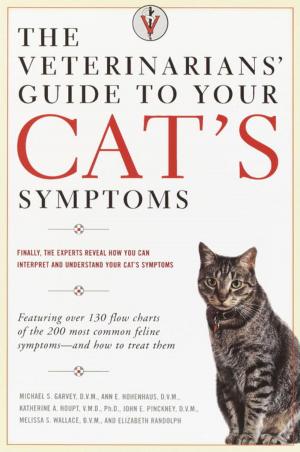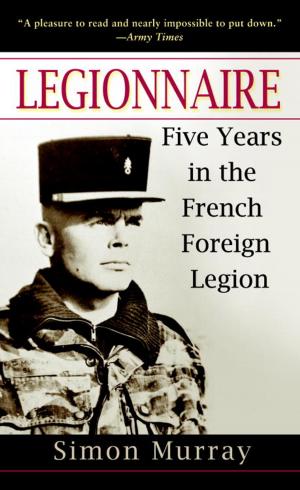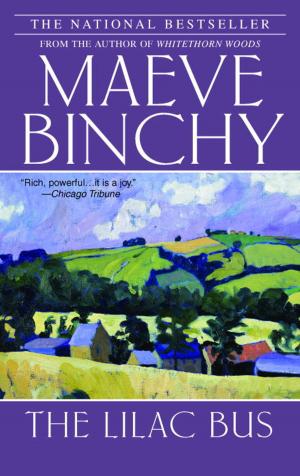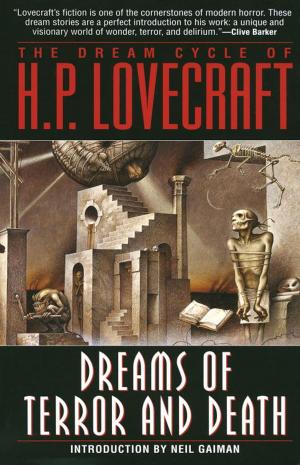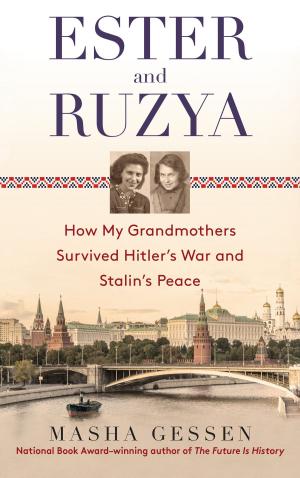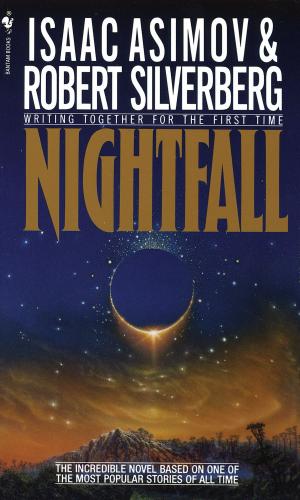The Boys' Crusade
The American Infantry in Northwestern Europe, 1944-1945
Nonfiction, History, Modern, 20th Century, Military, World War II, Biography & Memoir, Historical| Author: | Paul Fussell | ISBN: | 9781588363176 |
| Publisher: | Random House Publishing Group | Publication: | September 9, 2003 |
| Imprint: | Modern Library | Language: | English |
| Author: | Paul Fussell |
| ISBN: | 9781588363176 |
| Publisher: | Random House Publishing Group |
| Publication: | September 9, 2003 |
| Imprint: | Modern Library |
| Language: | English |
The Boys’ Crusade is the great historian Paul Fussell’s unflinching and unforgettable account of the American infantryman’s experiences in Europe during World War II. Based in part on the author’s own experiences, it provides a stirring narrative of what the war was actually like, from the point of view of the children—for children they were—who fought it. While dealing definitively with issues of strategy, leadership, context, and tactics, Fussell has an additional purpose: to tear away the veil of feel-good mythology that so often obscures and sanitizes war’s brutal essence.
“A chronicle should deal with nothing but the truth,” Fussell writes in his Preface. Accord-ingly, he eschews every kind of sentimentalism, focusing instead on the raw action and human emotion triggered by the intimacy, horror, and intense sorrows of war, and honestly addressing the errors, waste, fear, misery, and resentments that plagued both sides. In the vast literature on World War II, The Boys’ Crusade stands wholly apart. Fussell’s profoundly honest portrayal of these boy soldiers underscores their bravery even as it deepens our awareness of their experiences. This book is both a tribute to their noble service and a valuable lesson for future generations.
The Boys’ Crusade is the great historian Paul Fussell’s unflinching and unforgettable account of the American infantryman’s experiences in Europe during World War II. Based in part on the author’s own experiences, it provides a stirring narrative of what the war was actually like, from the point of view of the children—for children they were—who fought it. While dealing definitively with issues of strategy, leadership, context, and tactics, Fussell has an additional purpose: to tear away the veil of feel-good mythology that so often obscures and sanitizes war’s brutal essence.
“A chronicle should deal with nothing but the truth,” Fussell writes in his Preface. Accord-ingly, he eschews every kind of sentimentalism, focusing instead on the raw action and human emotion triggered by the intimacy, horror, and intense sorrows of war, and honestly addressing the errors, waste, fear, misery, and resentments that plagued both sides. In the vast literature on World War II, The Boys’ Crusade stands wholly apart. Fussell’s profoundly honest portrayal of these boy soldiers underscores their bravery even as it deepens our awareness of their experiences. This book is both a tribute to their noble service and a valuable lesson for future generations.
